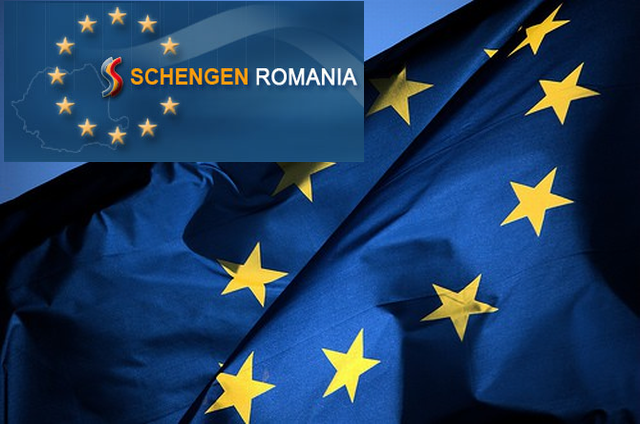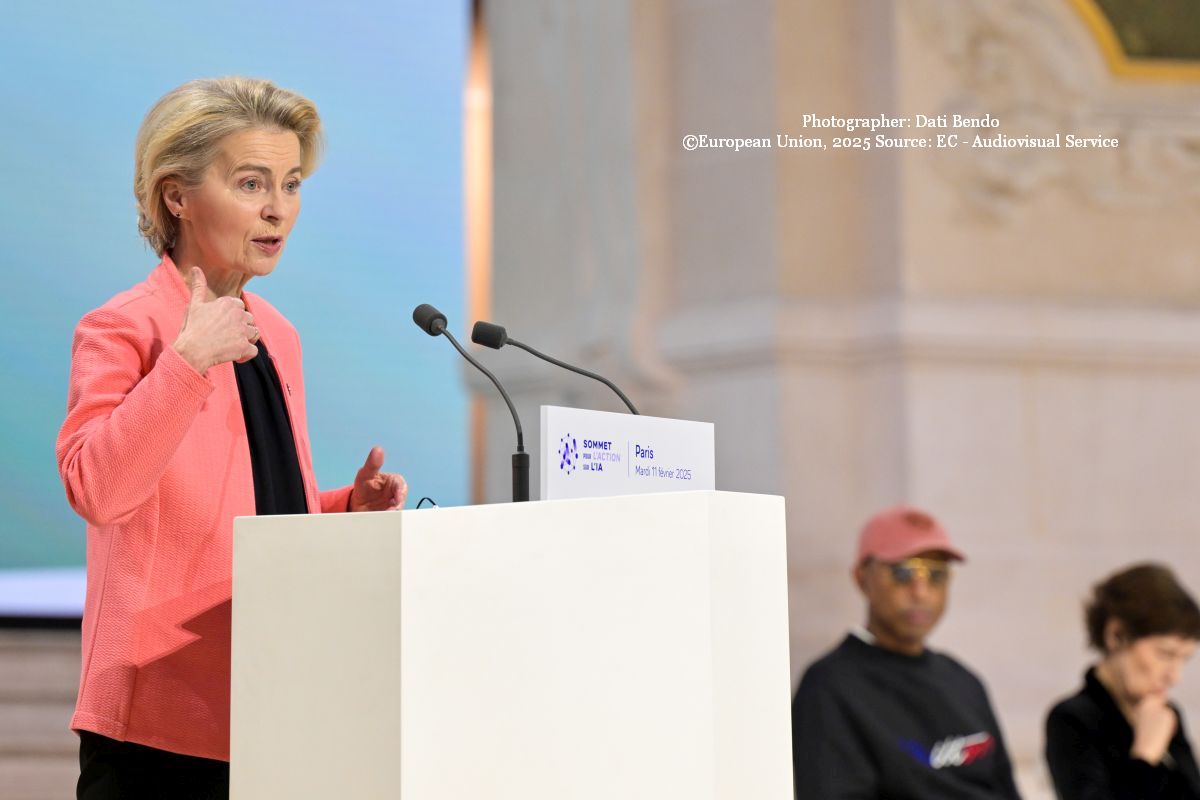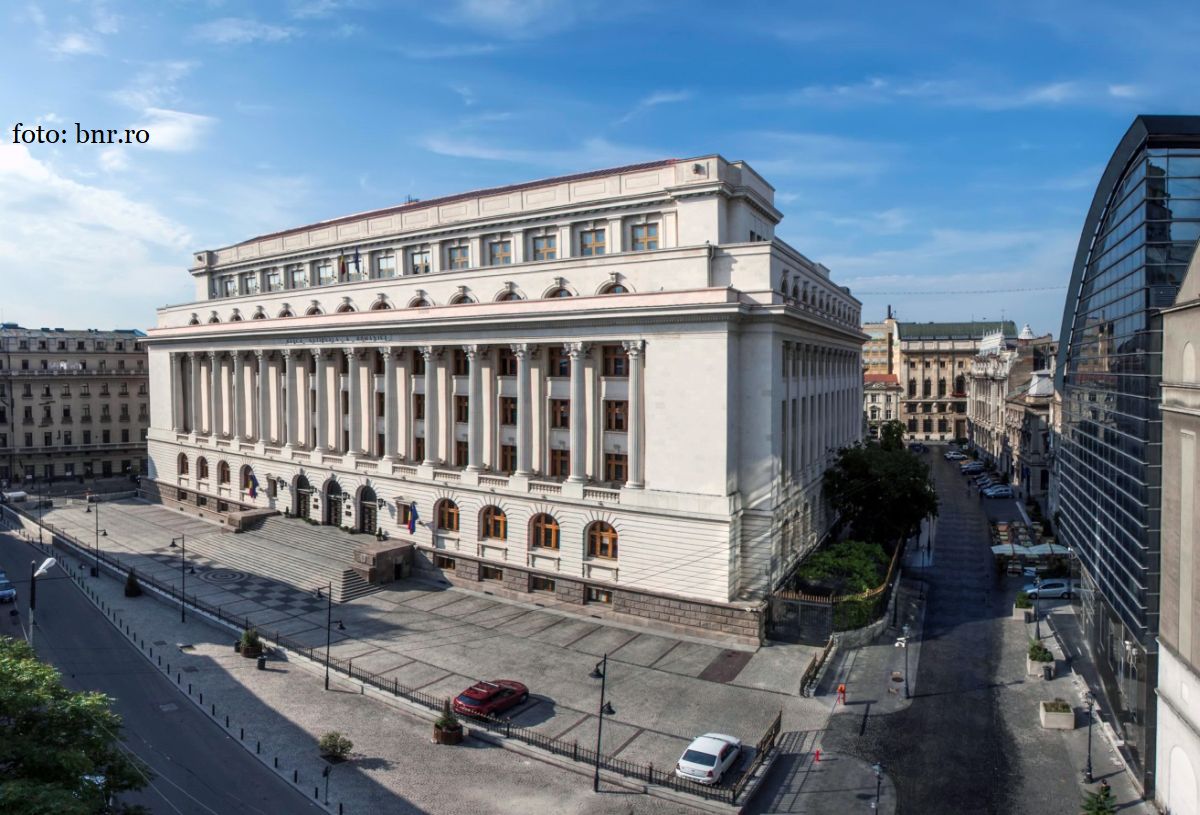MEPs have called for reinstating the free movement principles
A fully functional Schengen zone is needed to guarantee the free movement and the EUs economic recovery, members of the European Parliament have recently said

Corina Cristea, 22.06.2020, 13:50
Reopening borders even if the pandemic is
not over yet is necessary, the MEPs believe, who on Friday endorsed with a
landslide majority a resolution clearly expressing their position. A swift and
coordinated return to a fully functional Schengen area is of utmost importance
to safeguard freedom of movement, one of the main achievements of European
integration, and to ensure the EU’s economic recovery after the pandemic the
European document reads.
At the same time the MEPs have rejected
any uncoordinated bilateral action of the EU members underlining the principle
of non-discrimination in the process of reopening borders. They have called for
a new round of debates over a recovery plan for the Schengen zone including a
series of measures for emergency situations such a second wave of the pandemic.
The move comes after the EU countries have started to lift border control and
travel restrictions they introduced to limit the spread of the novel
coronavirus.
According to the MEPs, it’s good news that
all these restrictions are being lifted, but the way this has been done so far is
unsatisfactory. They believe that a fully functional Schengen zone is a
cornerstone of the way towards recovery recalling that mutual trust and
solidarity are key values of the European Union.
For Bucharest, Sofia and Zagreb, the
resolution has a bigger stake, as through this the MEPs are calling on the EU
Council and the member states to take all the necessary measures for the
Schengen accession of Bulgaria, Romania and Croatia.
The MEPs’ latest appeal comes after a
similar one by the Committee on Civil Liberties Justice and Home Affairs with
the European Parliament also being in line with the statement by EU Home
Affairs Commissioner Ylva Johansson who recently proposed the three countries
to join Schengen as the EU needs to update and strengthen this free-movement
area.
Long-time
applicants Romania and Bulgaria should have joined Schengen in March 2011. They
got the greenlight from the European Parliament a long time ago and this
position has been constantly reaffirmed by higher EU bodies. However, their
effective accession has been hindered by countries like the Netherlands, which
conditioned their accession on the Cooperation and Verification Mechanism although
the community acquis criteria had been checked.
Croatia,
the Union’s youngest state, got the greenlight from the European Commission in
October last year but the final decision regarding their accession needs a
unanimous vote in the Justice and Home Affairs Council.
(translated by bill)






























